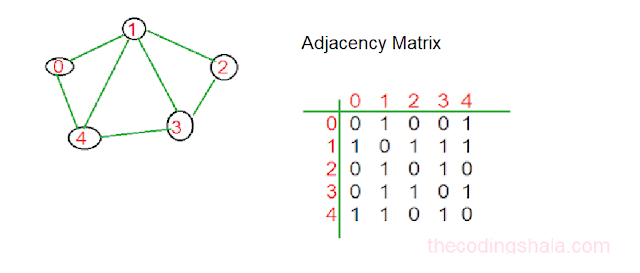Number of 1 Bits LeetCode Solution - The Coding Shala
Home >> LeetCode >> Number of 1 Bits
Other Posts You May Like
In this post, we will learn how to find the Number of 1 Bits in a given integer and will implement its solution in Java.
Number of 1 Bits Problem
Write a function that takes an unsigned integer and returns the number of '1' bits it has (also known as the Hamming weight).
Example 1:
Input: n = 00000000000000000000000000001011
Output: 3
Explanation: The input binary string 00000000000000000000000000001011 has a total of three '1' bits.
Example 2:
Input: n = 00000000000000000000000010000000
Output: 1
Explanation: The input binary string 00000000000000000000000010000000 has a total of one '1' bit.
Example 3:
Input: n = 11111111111111111111111111111101
Output: 31
Explanation: The input binary string 11111111111111111111111111111101 has a total of thirty-one '1' bits.
Practice this problem on LeetCode(Click Here).
Number of 1 Bits Java Solution
Approach 1
We can use Java's bitCount() method to get the number of 1 bits.
Java Program:
public class Solution { // you need to treat n as an unsigned value public int hammingWeight(int n) { return Integer.bitCount(n); } }
Approach 2
By using bit shifting unsigned operation (>>>).
Java Program:
public class Solution { // you need to treat n as an unsigned value public int hammingWeight(int n) { int ans = 0; while(n !=0) { if((n & 1) == 1) ans++; n = n >>> 1; } return ans; } }
- LeetCode - Detect Capital
- LeetCode - Maximum Width Ramp
- LeetCode - To Lower Case
- LeetCode - Destination City
- LeetCode - Shifting Letters



Comments
Post a Comment